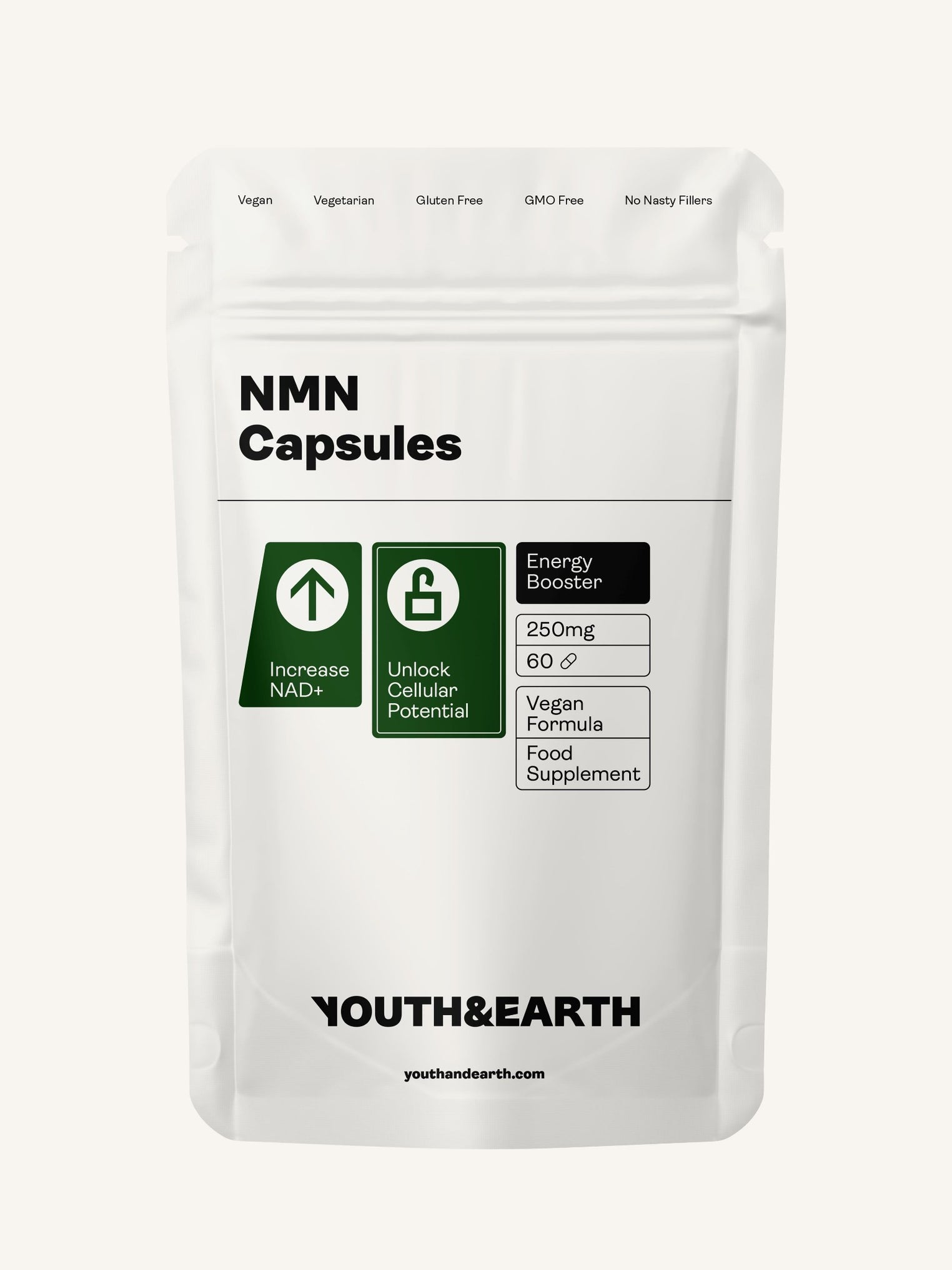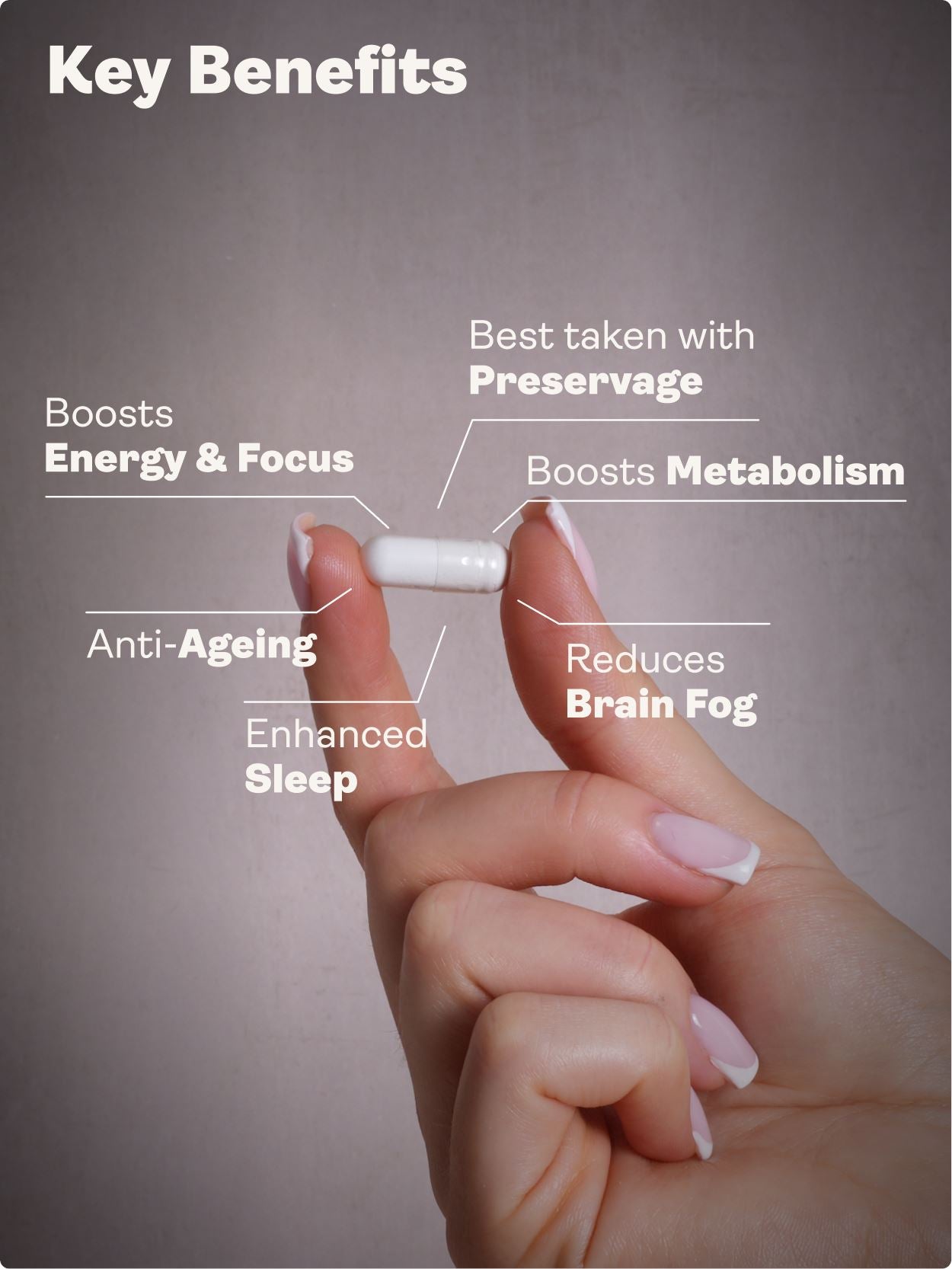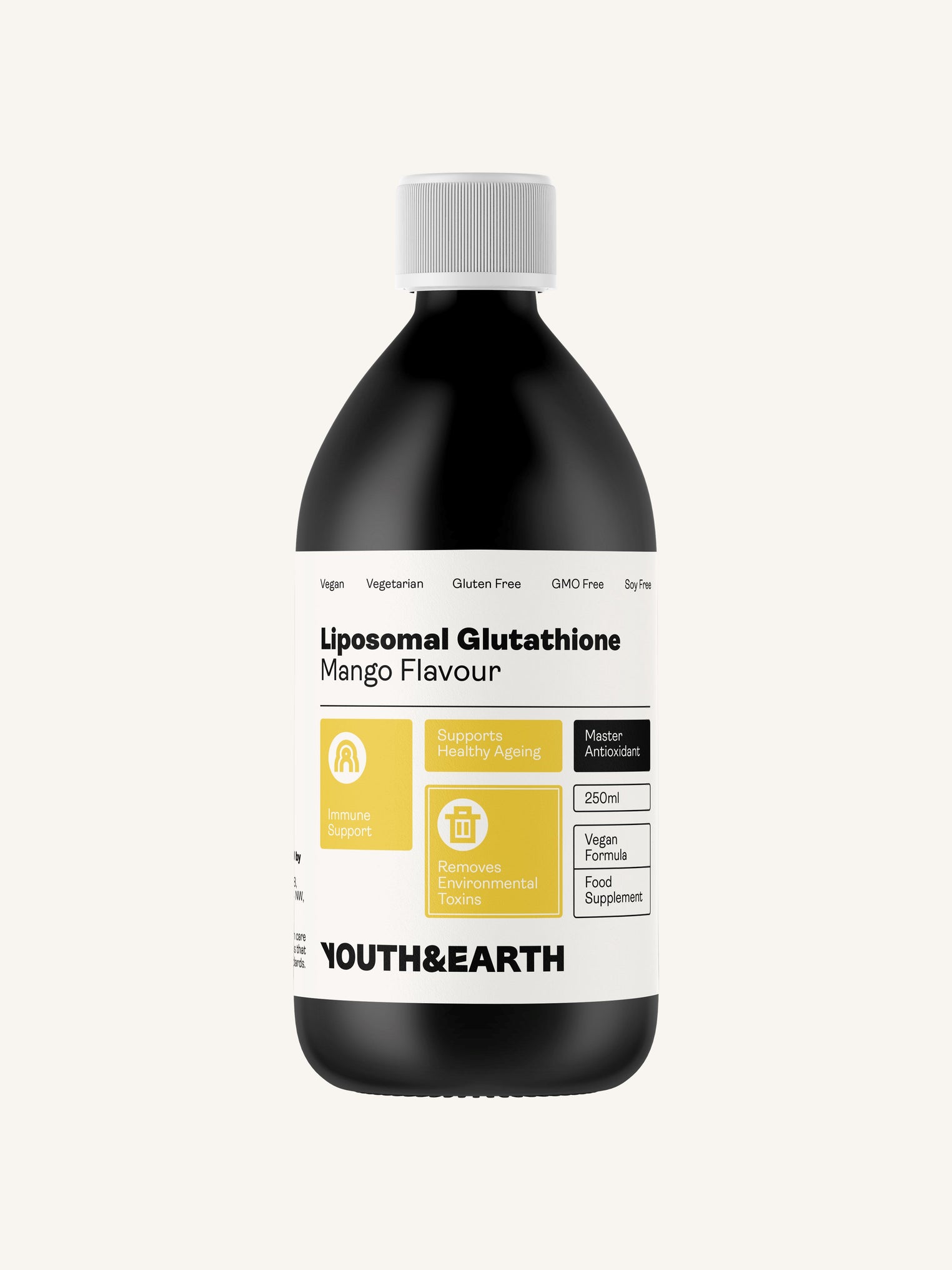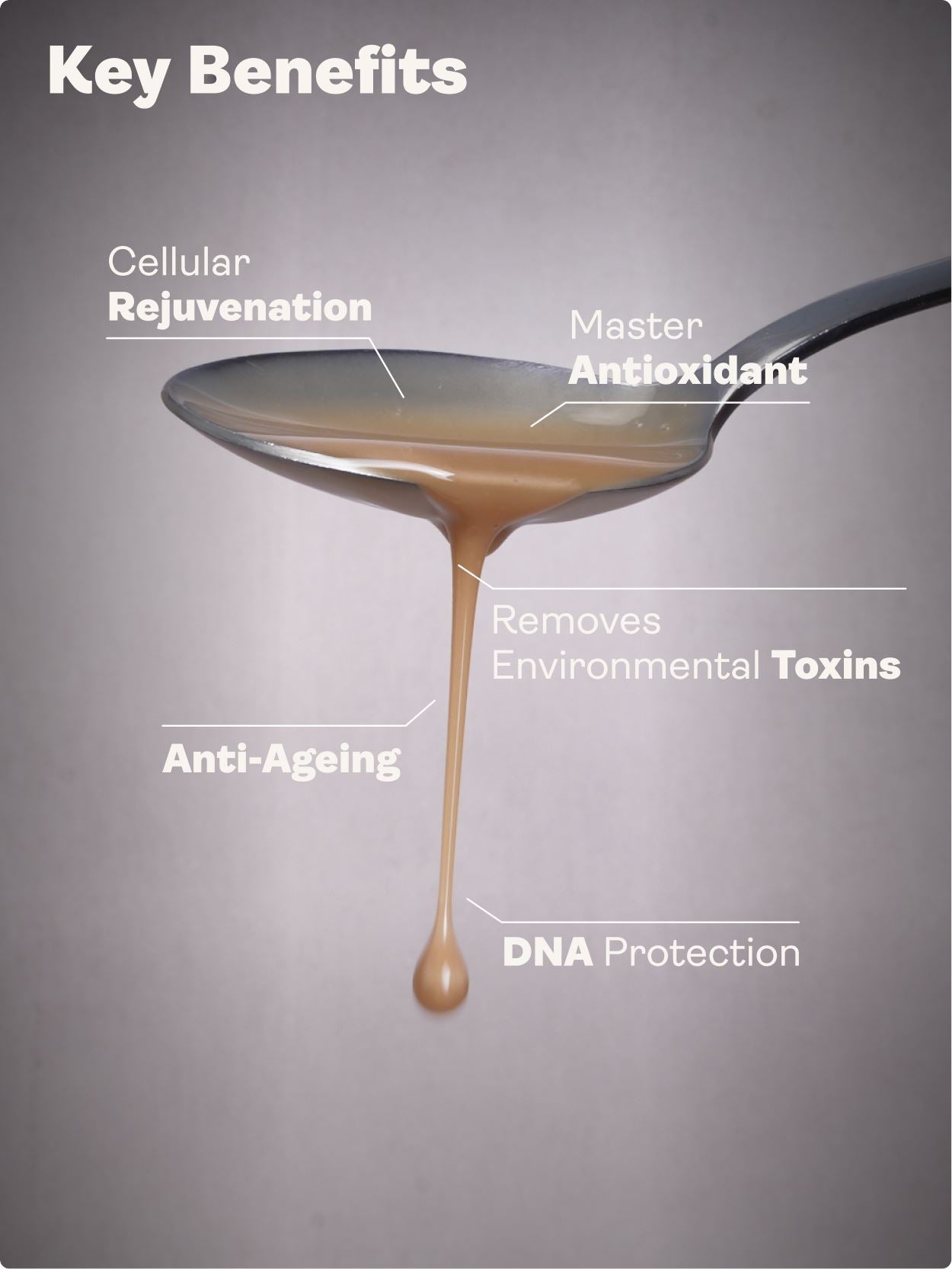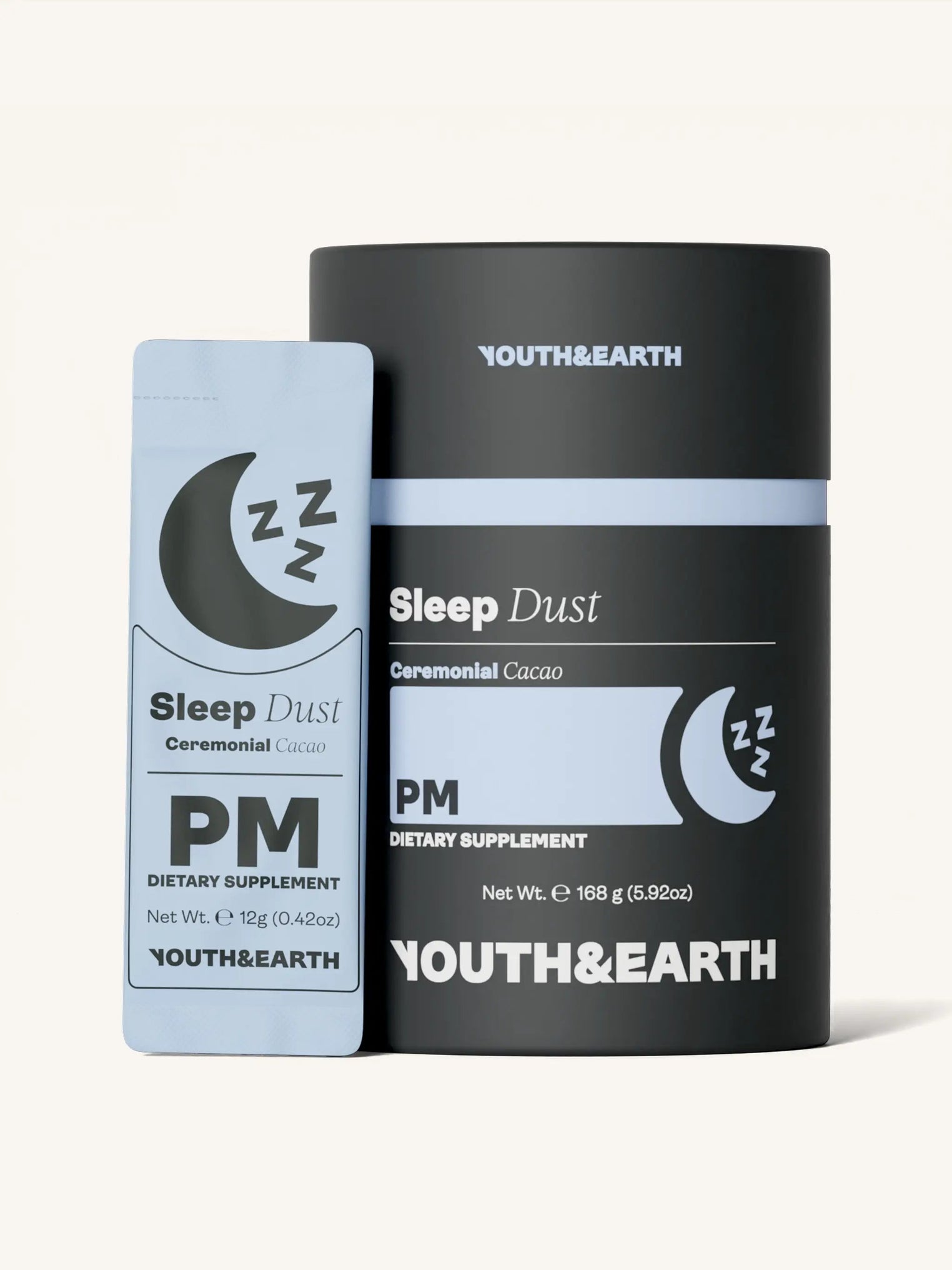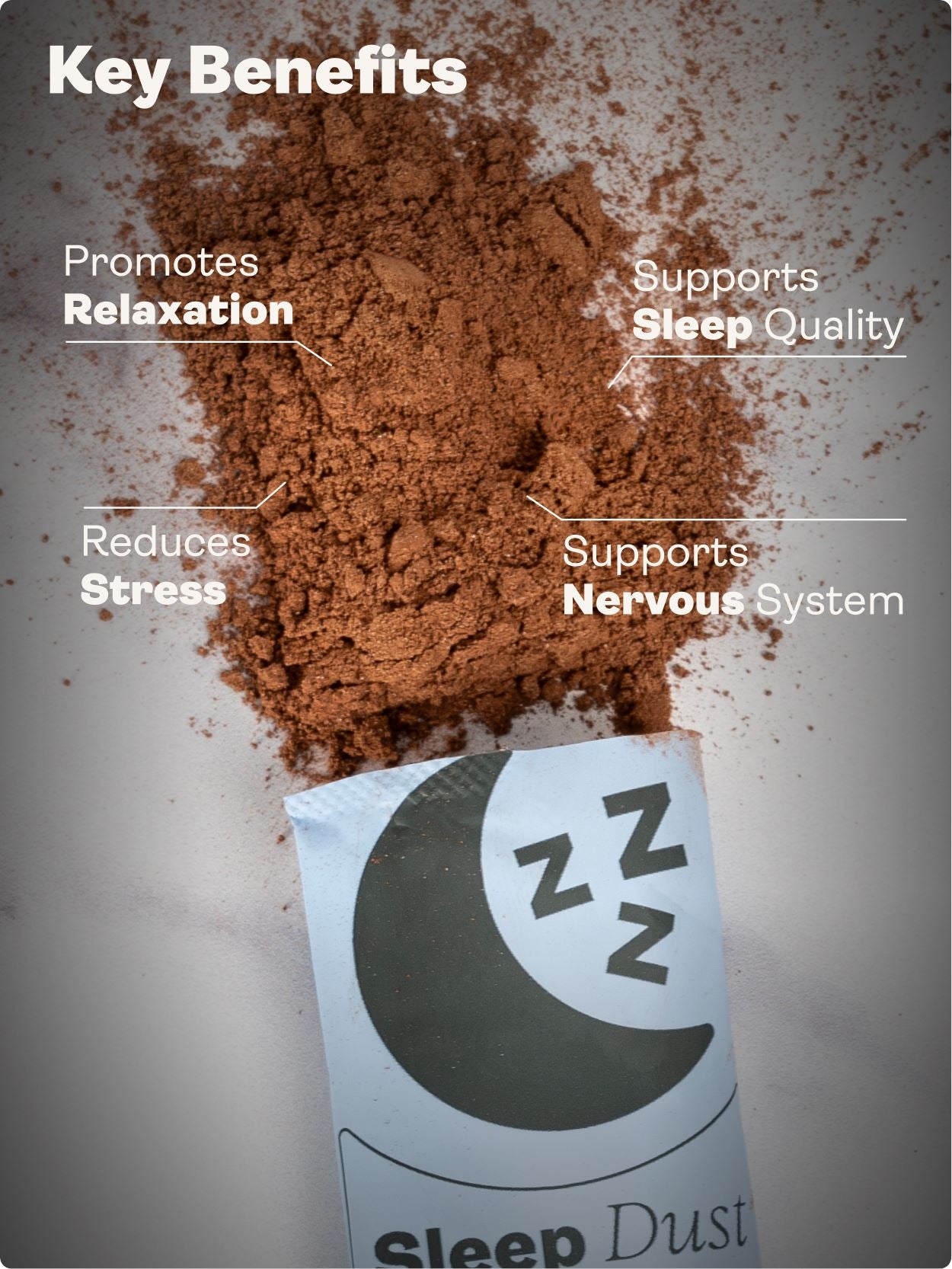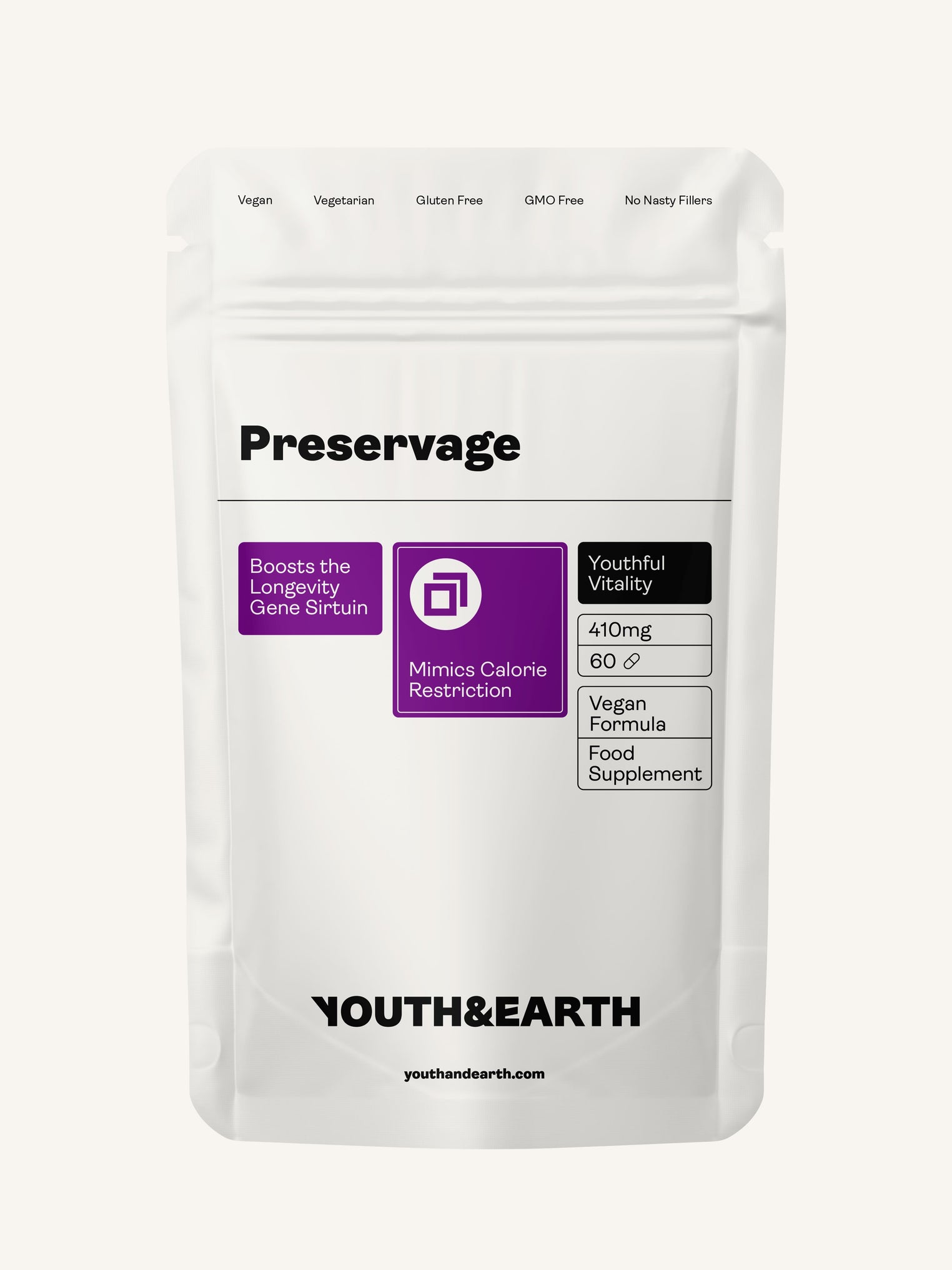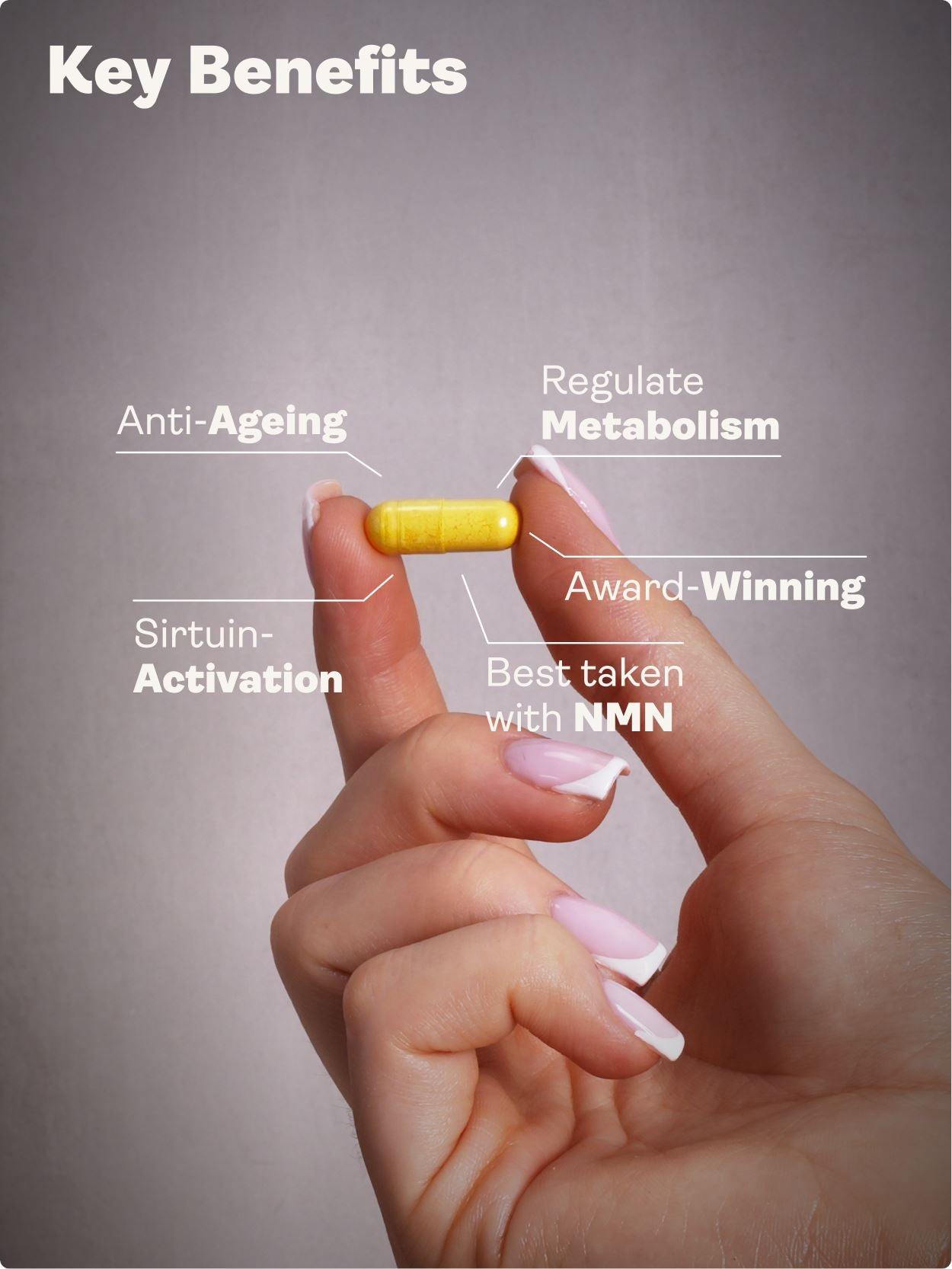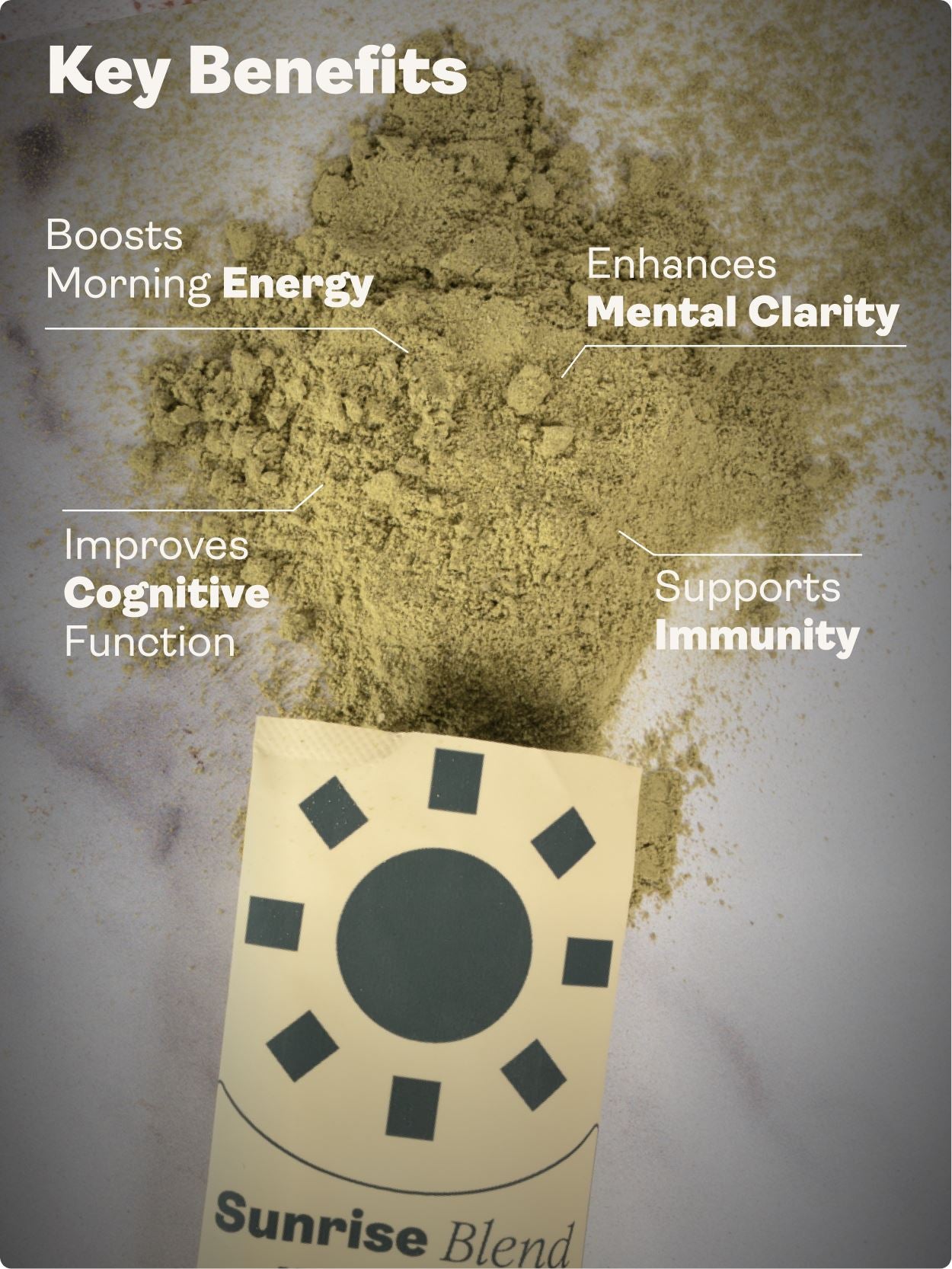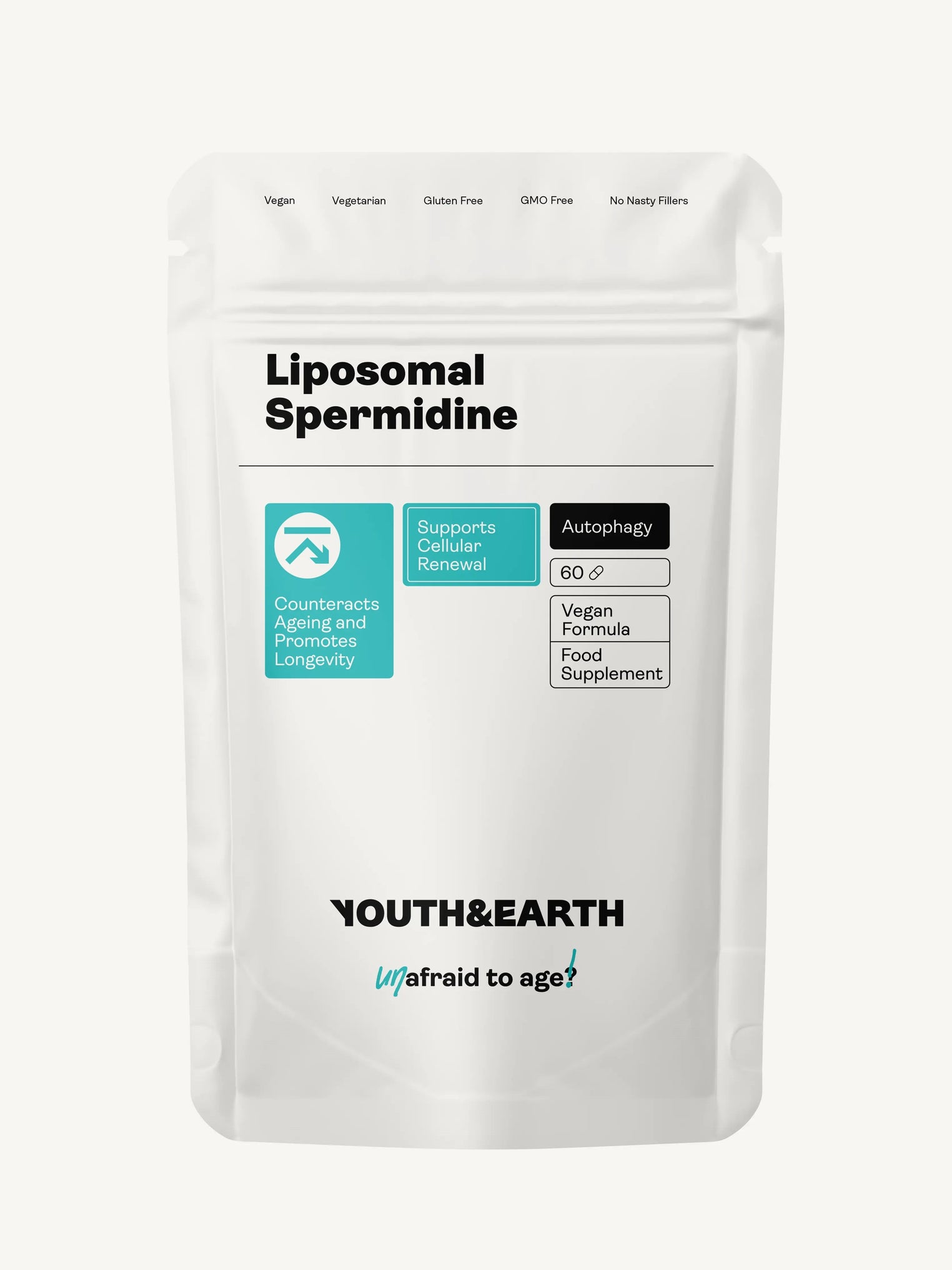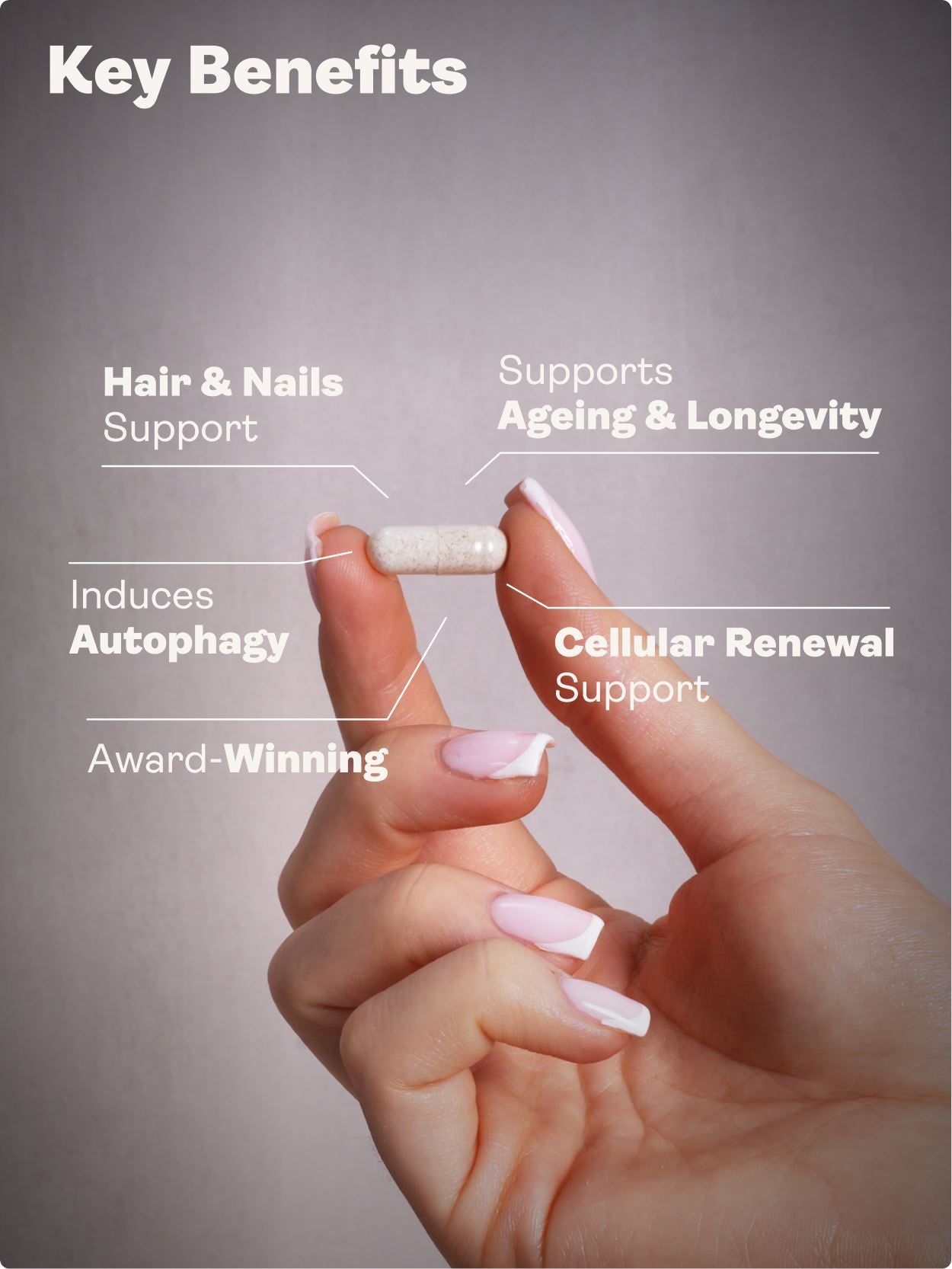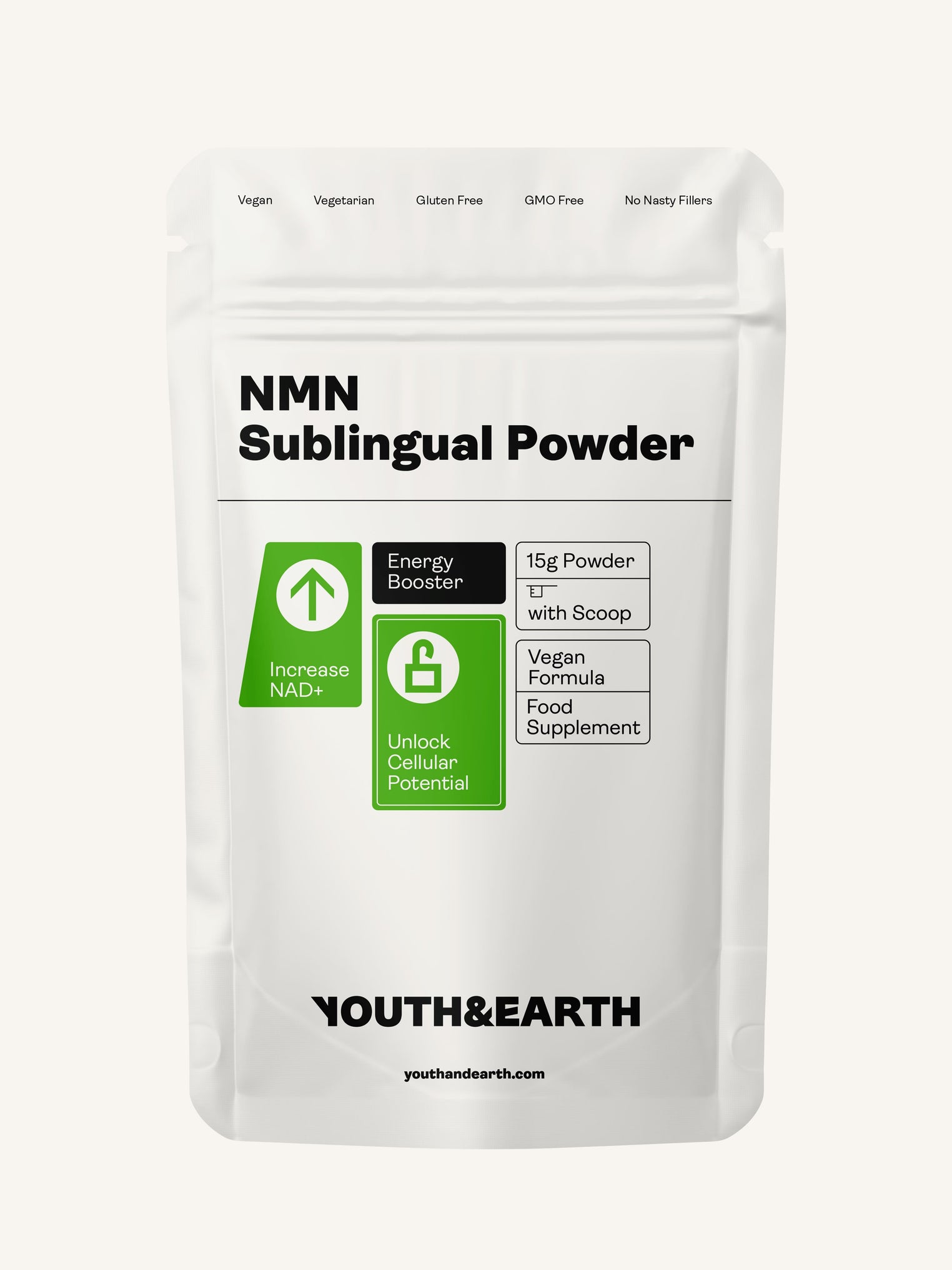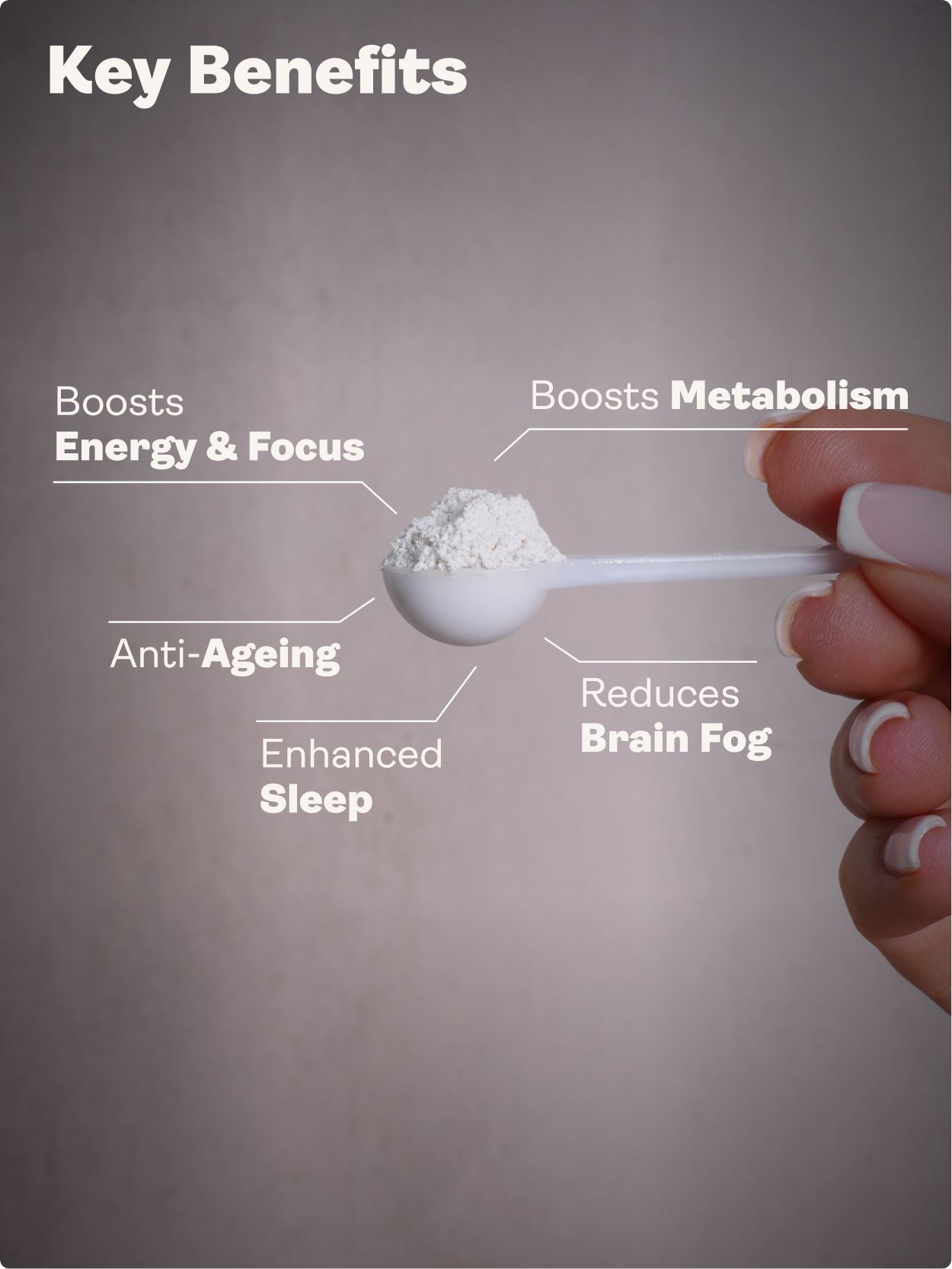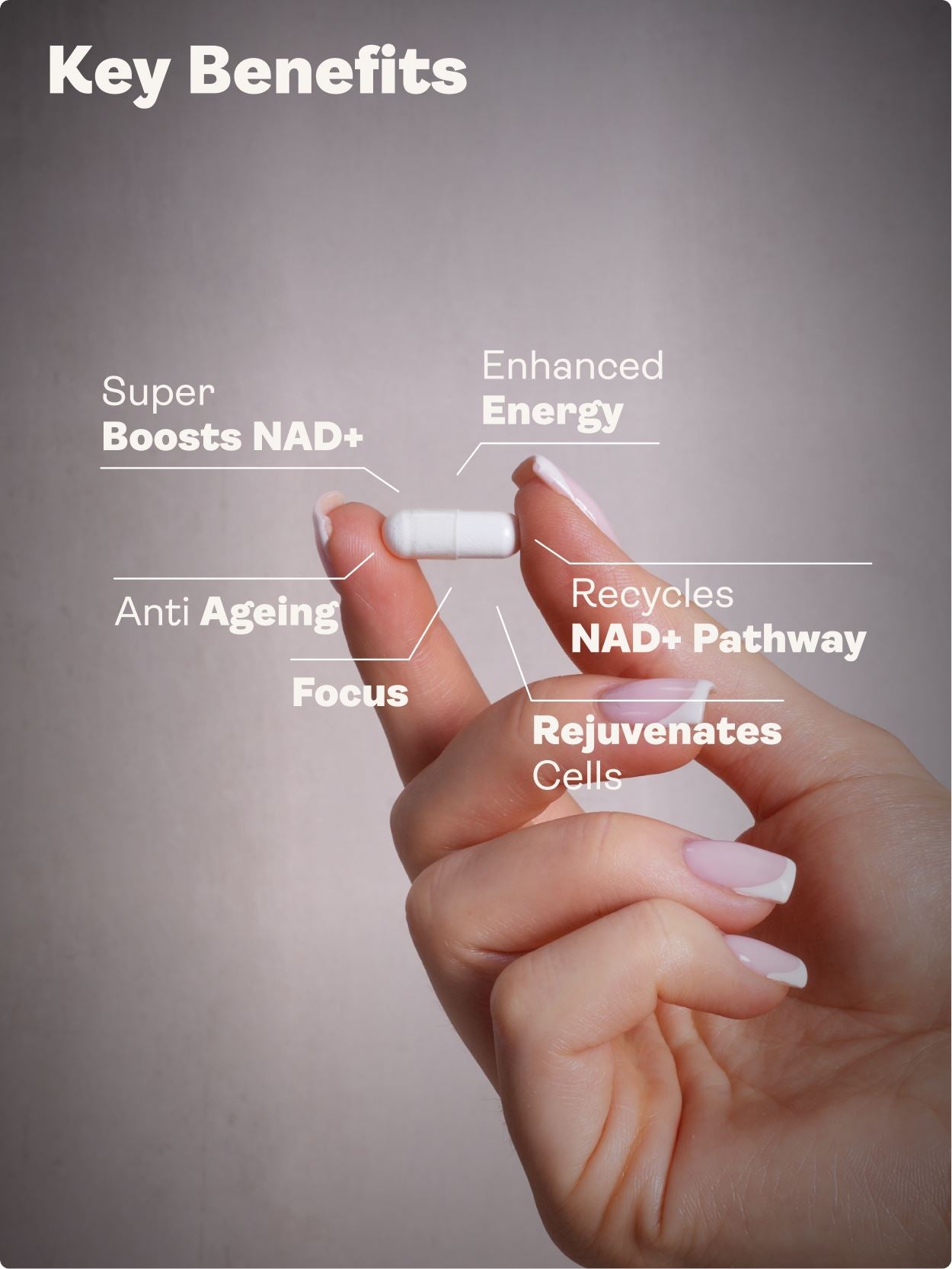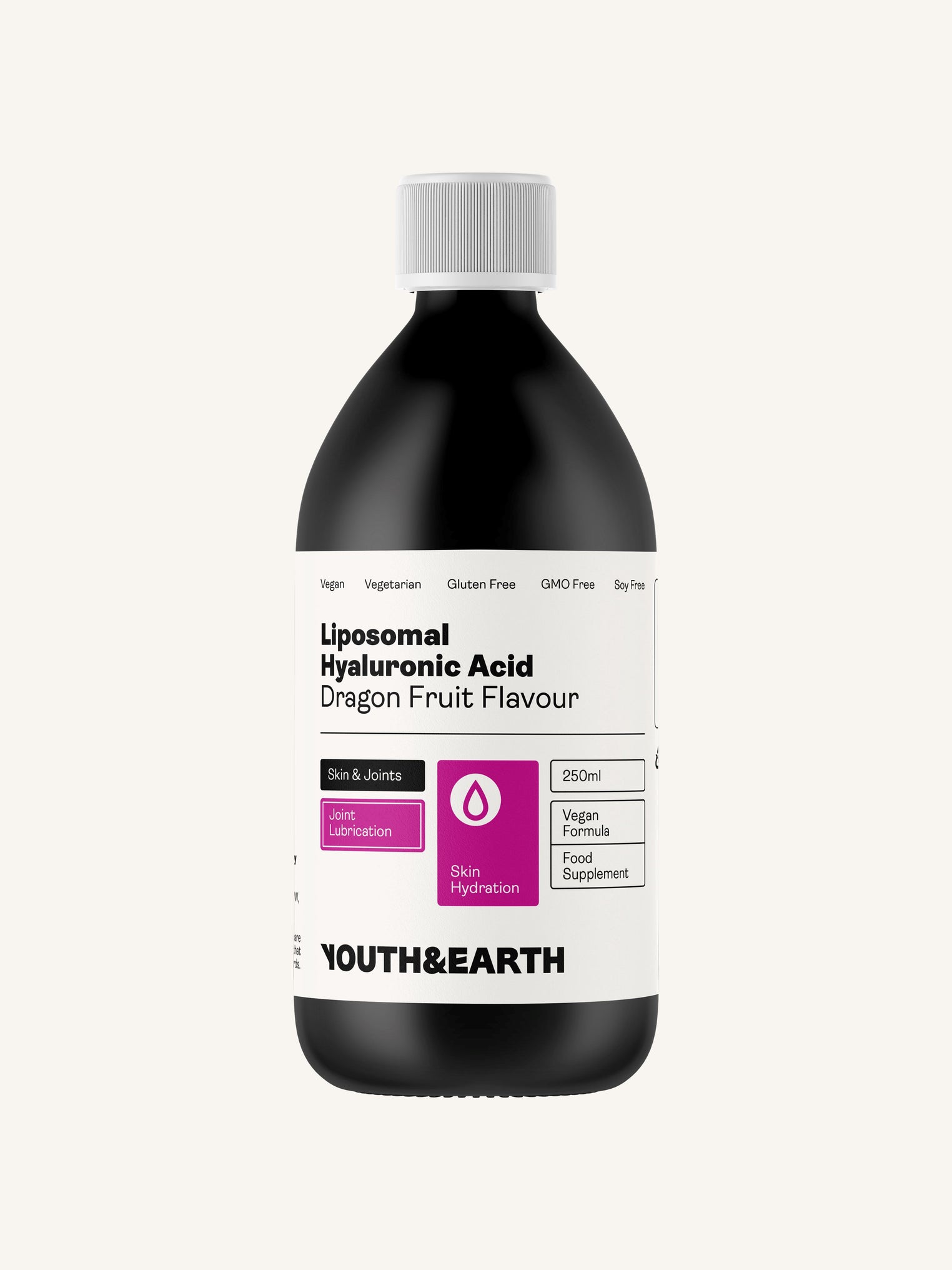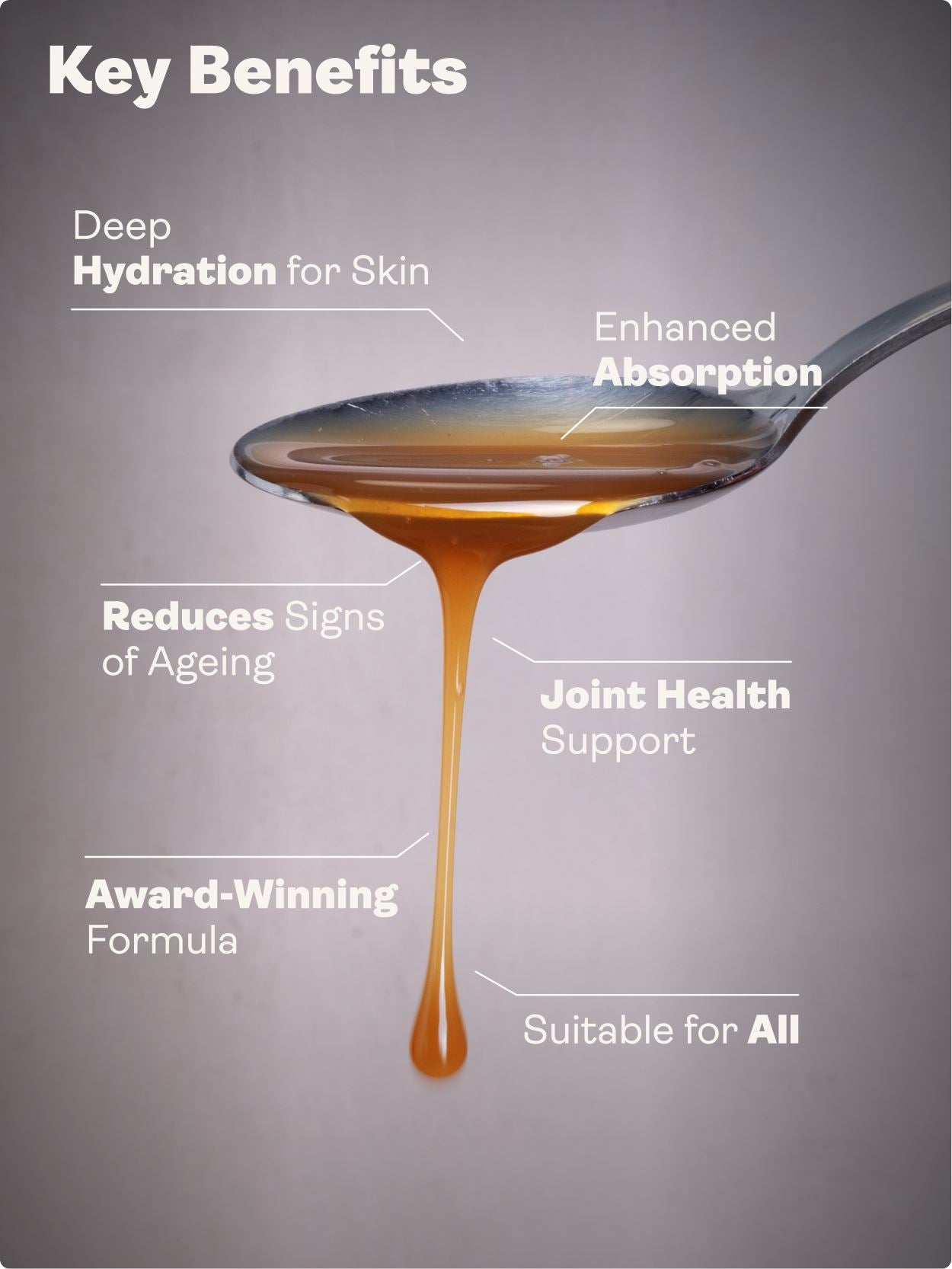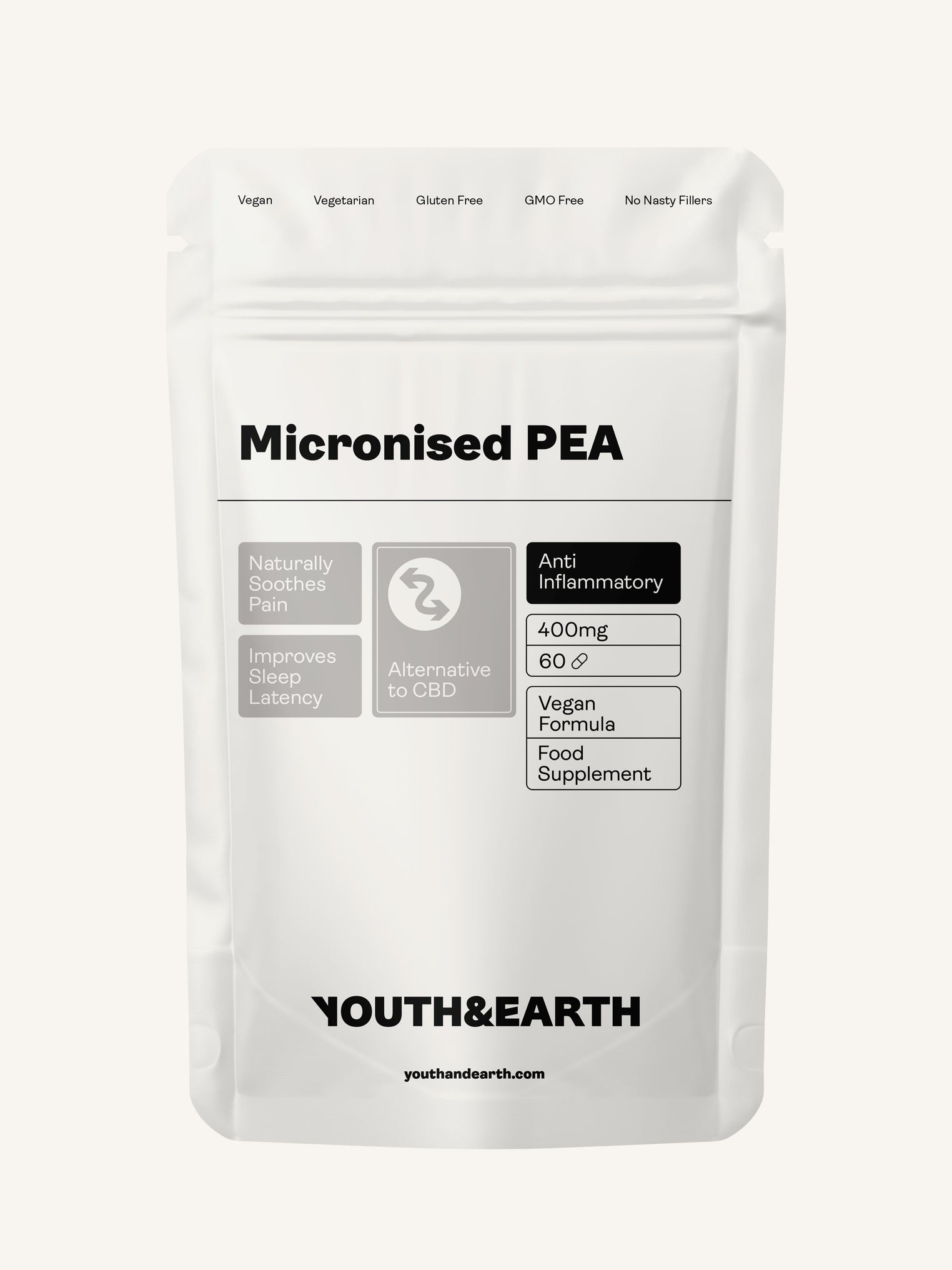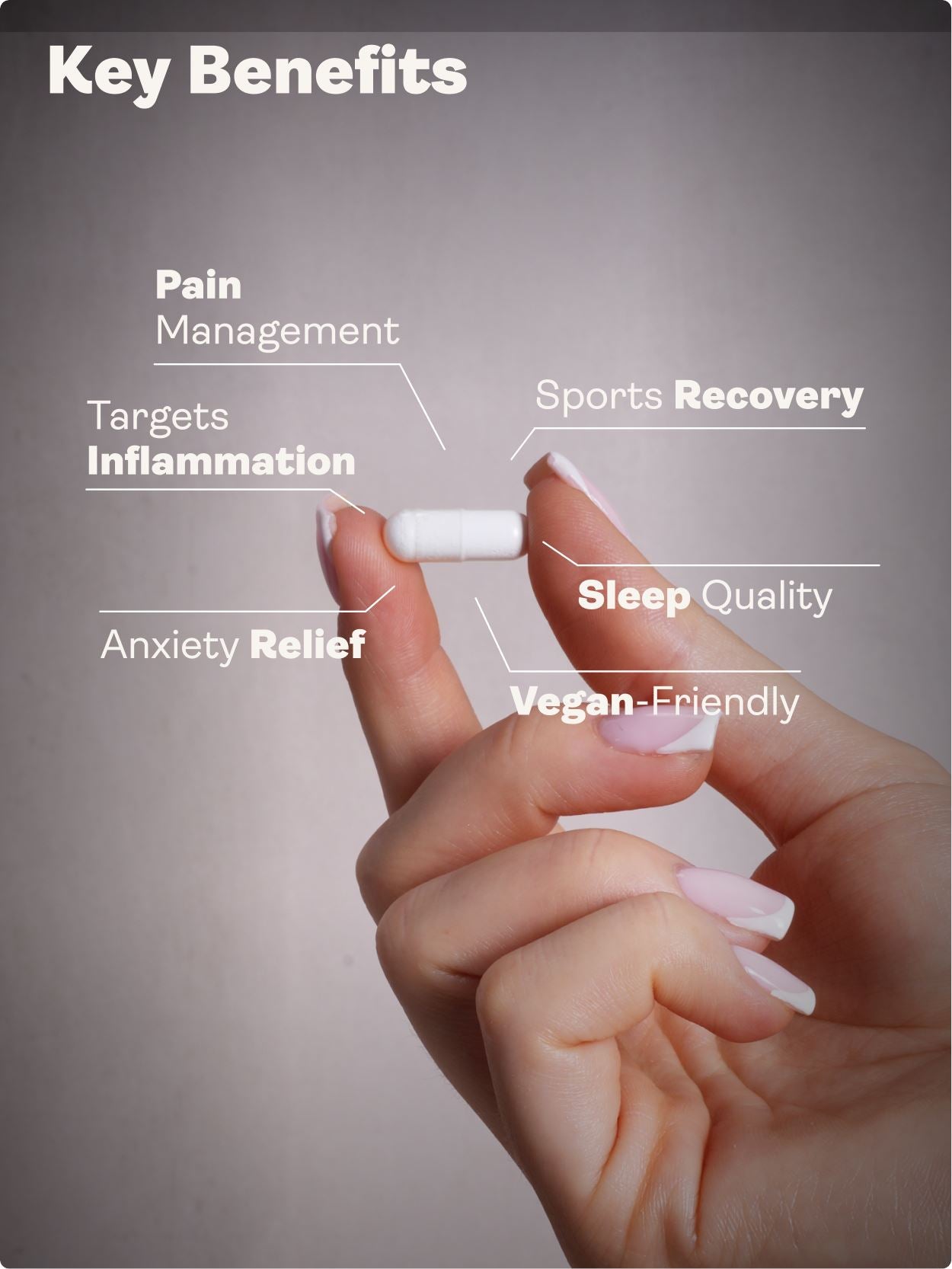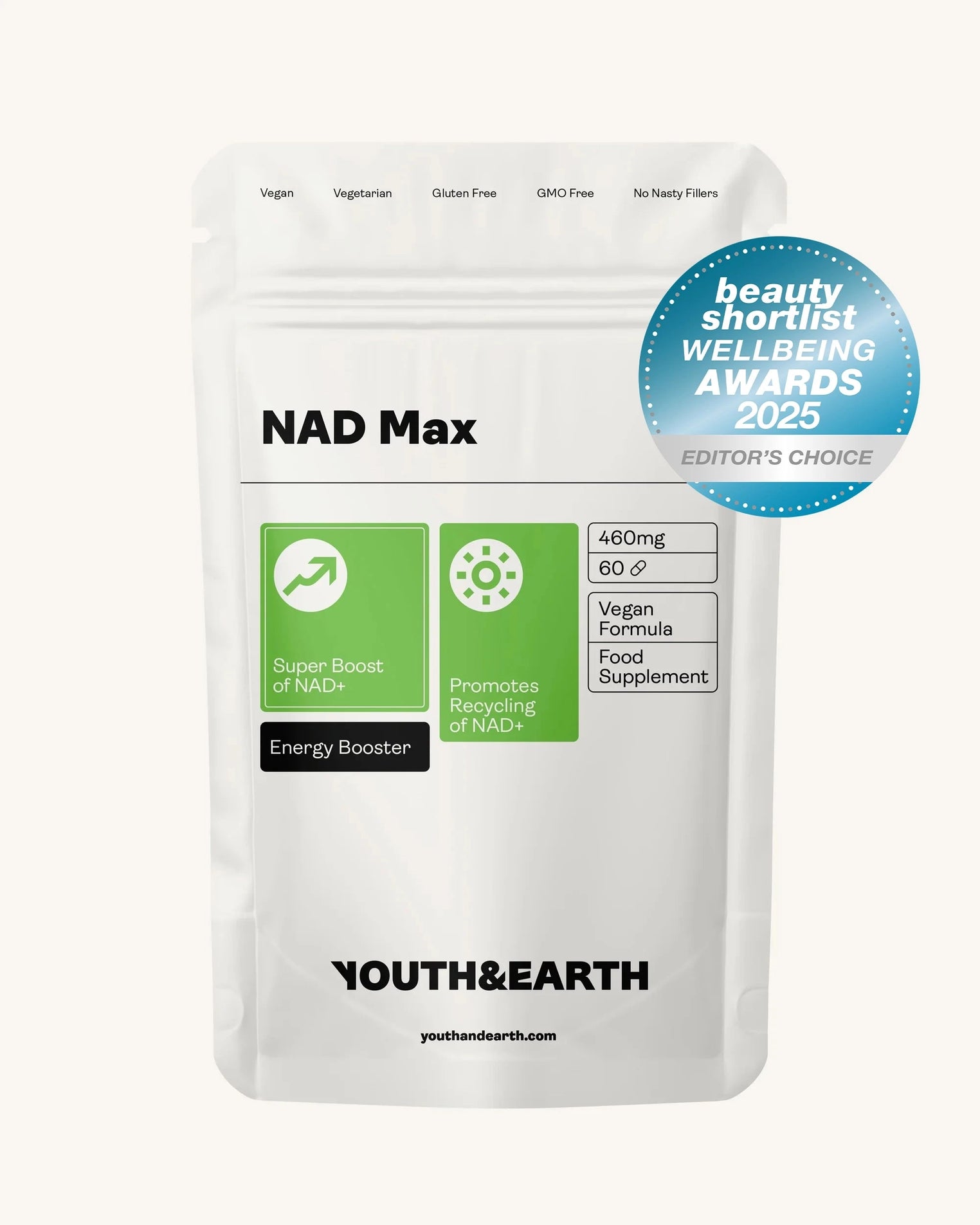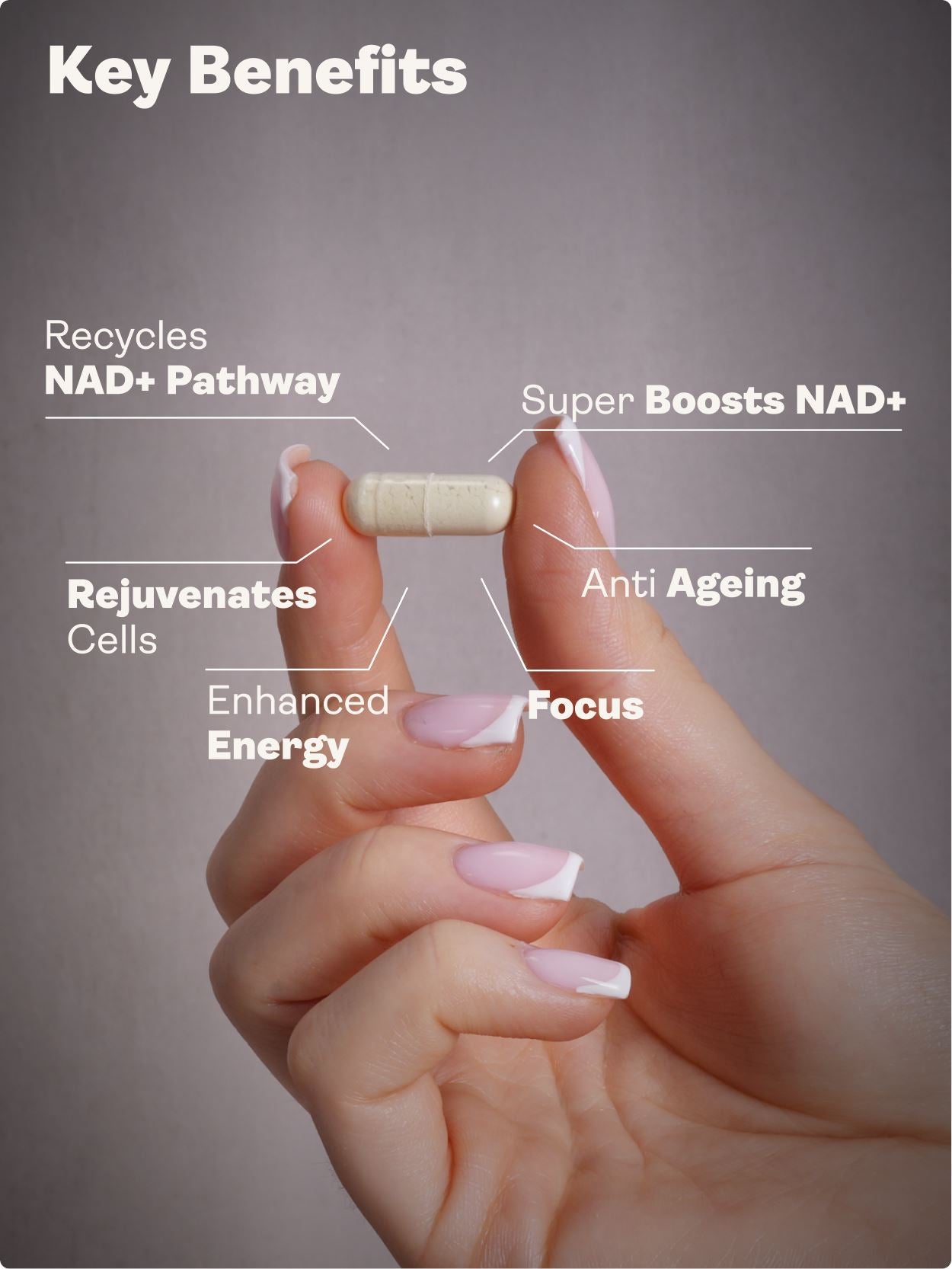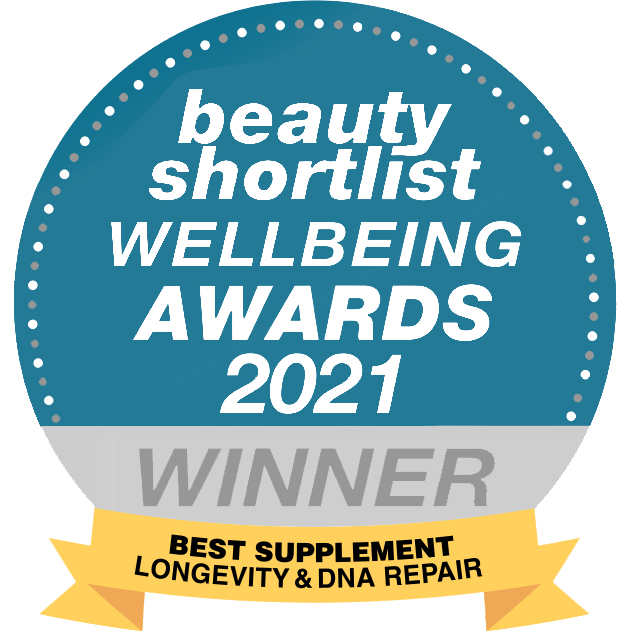What Are the Side Effects of Rapamycin?
Can biohacking techniques like using Rapamycin truly slow down the aging process? What side effects might arise when incorporating Rapamycin into an anti-aging routine? As interest in longevity grows, Rapamycin stands out in biohacking circles for its potential to influence cellular processes that promote healthier aging. This article dives into the side effects of Rapamycin, drawing from personal experiences and community insights, to help you navigate its use safely while focusing on vitality and long-term health.
TL;DR
Rapamycin shows promise in longevity research by inhibiting mTOR, a key pathway in cellular aging, but it comes with side effects like mouth sores, gastrointestinal discomfort, and metabolic changes. Based on biohacker feedback, these are often mild and manageable through lifestyle adjustments, dose monitoring, and supplements. Serious issues, such as immune suppression or elevated blood sugar, require medical oversight. Regular testing and proactive strategies can help balance its anti-aging benefits with risks, supporting overall vitality.
Table of Contents
-
How Do Serious Side Effects Affect Longevity Goals with Rapamycin?
-
What Risk Factors Increase Side Effects During Rapamycin Use?
-
How Can Prevention Strategies Optimize Rapamycin for Anti-Aging?
-
What Are Long-Term Considerations for Rapamycin in Biohacking?
Science Snapshot
Rapamycin, an mTOR inhibitor, has been studied for its role in extending lifespan by mimicking calorie restriction and enhancing cellular repair. Research in mice shows it can increase lifespan by 9-14% when started mid-life, delaying age-related diseases. Key mechanisms include reducing inflammation, promoting autophagy (cellular cleanup), and improving metabolic health, which align with biohacking goals for anti-aging.
- What it is: Rapamycin (sirolimus) suppresses the mTOR pathway, regulating cell growth and metabolism.
- Why it matters: It may prevent age-related decline, supporting longevity by protecting against cancer, cognitive issues, and heart problems.
- How it works: By inhibiting mTOR, it boosts autophagy and reduces protein synthesis, mimicking fasting benefits.
- Side effects from studies: Common issues include mouth sores (up to 78% in high doses), gastrointestinal upset, and metabolic shifts like elevated glucose. Low doses in longevity trials show fewer severe effects.
- Alternatives: Metformin or intermittent fasting offer similar mTOR inhibition with potentially milder profiles.
What Are Common Side Effects of Rapamycin in Biohacking?
While Rapamycin holds promise in longevity research, distinguishing common side effects from serious ones is key for safe use. Common effects are generally mild, often improving over time, and can be managed without disrupting biohacking routines.
Mouth Sores (Most Common)
Mouth sores affect about 30-40% of users, appearing early but often resolving with continued use. What it is: Small, painful ulcers in the mouth. Why it matters: They can interfere with eating and daily comfort in anti-aging protocols. How it works: Rapamycin's immune modulation irritates oral tissues. Alternatives: Switch to lower doses or explore mTOR alternatives like everolimus.
Management strategies:
- Rinse mouth with salt water or baking soda solution.
- Use alcohol-free mouthwash.
- Apply topical treatments like Kenalog in Orabase.
- Consider temporary dose reduction if severe.
- Maintain excellent oral hygiene.
Biohacking Tip: Optimize with vitamin B12-rich foods like eggs or fortified cereals to support mucosal healing.
Gastrointestinal Effects
These include mild nausea, stomach discomfort, occasional diarrhea, and reduced appetite, which typically ease over time. What it is: Digestive disturbances from mTOR inhibition. Why it matters: They can affect nutrient absorption in longevity-focused diets. How it works: Rapamycin alters gut metabolism. Alternatives: Probiotic-rich foods or supplements.
Management strategies:
- Take with food (but not grapefruit).
- Stay well hydrated.
- Consider probiotics, beneficial bacteria found in yogurt and kefir.
- Eat smaller, more frequent meals if needed.
Skin Changes
Mild acne, rashes, delayed wound healing, increased sun sensitivity, or texture changes may occur. What it is: Dermatological responses to immune shifts. Why it matters: Skin health reflects overall vitality in biohacking. How it works: Reduced cell proliferation slows repair. Alternatives: Topical antioxidants.
Management strategies:
- Use good sun protection.
- Moisturize regularly.
- Report any unusual skin changes to your healthcare provider.
- Allow extra healing time for cuts or scrapes.
How Do Serious Side Effects Affect Longevity Goals with Rapamycin?
Serious complications require immediate attention to avoid derailing anti-aging efforts. These stem from Rapamycin's impact on metabolism and immunity.
Metabolic Changes
Elevated blood sugar, increased cholesterol and triglycerides, or insulin sensitivity shifts can occur. What it is: Alterations in energy processing. Why it matters: They may counteract longevity benefits if unmanaged. How it works: mTOR inhibition affects glucose handling. Alternatives: Lifestyle biohacks like intermittent fasting.
Management strategies:
- Regular blood testing.
- Dietary modifications.
- Exercise routine adjustments.
- Consider complementary supplements like berberine from barberry plants.
- Possible medication adjustments under medical supervision.
Immune System Effects
Increased infection risk, slower wound healing, or reactivation of latent infections. What it is: Suppressed immune response. Why it matters: Infections can accelerate aging. How it works: Rapamycin dampens T-cell activity. Alternatives: Immune boosters like echinacea.
Management strategies:
- Maintain good hygiene practices.
- Regular health monitoring.
- Proper wound care.
- Temporary discontinuation during acute illnesses.
- Consider immune-supporting supplements like vitamin D, sourced from sunlight or fatty fish.
Which Laboratory Abnormalities Should Biohackers Monitor?
Regular testing ensures safe Rapamycin use. Key areas include:
| Test | Purpose |
|---|---|
| Complete Blood Count (CBC) | Checks for anemia or infection risks. |
| Comprehensive Metabolic Panel | Monitors electrolytes and organ function. |
| Lipid Profile | Tracks cholesterol changes. |
| Blood Glucose Levels | Detects diabetes risk. |
| Kidney Function Tests | Assesses renal health. |
| Liver Function Tests | Ensures no hepatic strain. |
Frequency: Baseline before starting, follow-up at 4-6 weeks, every 3-6 months, or more if issues arise.
What Risk Factors Increase Side Effects During Rapamycin Use?
Certain factors heighten risks:
| Personal Factors | Lifestyle Factors |
|---|---|
| Advanced age | Excessive alcohol consumption |
| Multiple medications | Smoking |
| Pre-existing medical conditions | Poor diet |
| Compromised immune system | Lack of exercise |
| Poor nutritional status | Inadequate sleep |
How Can Prevention Strategies Optimize Rapamycin for Anti-Aging?
Dosing Considerations
Start low, use intermittent schedules, monitor responses.
Lifestyle Modifications
Healthy diet, exercise, sleep, stress management, oral hygiene. Include biohacking habits like cold exposure for resilience.
Supplementation Support
Immune support: Zinc from oysters. Vitamin D optimization. Adequate protein. Essential fatty acids from fish oil. Antioxidant support like vitamin C from berries.
Pros/Cons Table for Rapamycin in Biohacking
| Pros | Cons |
|---|---|
| Extends lifespan in studies | Potential mouth sores |
| Enhances autophagy | Metabolic shifts |
| Reduces inflammation | Infection risk |
Use Case Example: A biohacker's daily routine: Morning fast, Rapamycin weekly, probiotic yogurt, evening walk.
When Should You Contact a Healthcare Provider?
Seek help for severe sores, infections, bleeding, pain, urination changes, chest issues, skin reactions, or fatigue.
What Are Long-Term Considerations for Rapamycin in Biohacking?
Track side effects, patterns, and strategies. Review risk-benefit with providers regularly.
How Do Specific Populations Handle Rapamycin Side Effects?
Extra care for older adults, those with conditions, polypharmacy, immune issues, surgery plans, or childbearing women.
Why Build a Support System for Rapamycin Use?
Include providers, monitoring, contacts, supplements, communities, resources.
Conclusion & Checklist
Rapamycin offers exciting potential in biohacking for longevity, but managing side effects through monitoring and lifestyle is essential. By addressing common issues proactively, you can harness its anti-aging benefits while minimizing risks.
Checklist:
- These biohacking systems support longevity by integrating low-dose Rapamycin with diet and exercise.
- Monitor labs every 3-6 months to catch metabolic changes early.
- Use supplements like probiotics to counter GI effects.
- Maintain hygiene to prevent immune-related issues.
- Consult providers for personalized adjustments.
FAQ
How does biohacking with Rapamycin promote anti-aging?
Rapamycin inhibits mTOR, enhancing autophagy and reducing age-related inflammation, as shown in animal studies extending lifespan.
What are common side effects of Rapamycin in longevity pursuits?
Mouth sores, GI discomfort, and skin changes are frequent but manageable with rinses, hydration, and sun protection.
How can I manage mouth sores while using Rapamycin?
Rinse with salt water, use topical treatments, and reduce dose temporarily; sores often improve over time.
Are there risks to immune function with Rapamycin?
Yes, increased infection susceptibility; counter with hygiene and vitamin D.
What alternatives exist to Rapamycin for anti-aging?
Metformin or fasting mimic similar effects with potentially fewer side effects.
Glossary
- Rapamycin: An mTOR inhibitor that promotes cellular repair, used in biohacking for longevity (under 50 words).
- mTOR: Mammalian target of rapamycin, a protein kinase regulating growth and aging processes.
- Autophagy: Cellular process clearing damaged components, enhanced by Rapamycin for anti-aging.
About the Author
Ed Van Harmelen is the founder of Youth & Earth and a passionate advocate for biohacking and anti-aging since 2017. He has been featured in numerous podcasts and wellness publications for his insights on longevity, biohacking, and the science behind supplements. Ed is widely regarded as a pioneer in bringing cutting-edge anti-aging tools to everyday consumers, making the benefits of advanced biohacking science both accessible and actionable. He is also the founder of optimallyme.com, which is a leading B2B health optimisation platform, and V14, an all-in-one longevity supplement.
Last Updated
Wednesday, July 30, 2025, 12:00 PM BST.
Disclaimer
This guide is based on personal experience and the experiences of a community of biohackers. It is not a substitute for professional medical advice. Always consult a healthcare provider before starting Rapamycin or making changes to your dosing protocol.
The content of this article is for informational purposes only. It’s not intended to be a substitute for professional medical advice, diagnosis, or treatment. Always seek the advice of your physician or health provider before starting a new health regime or program. Do not ignore medical advice or delay seeking it because of something you’ve read on this site or any Youth & Earth product.
Want to Access Rapamycin from a Reliable Source?
If you're interested in potentially accessing Rapamycin from a vetted, reliable source in the future, you can sign up for updates here.
We carefully screen all our suppliers to ensure the highest quality and safety standards for our community.






